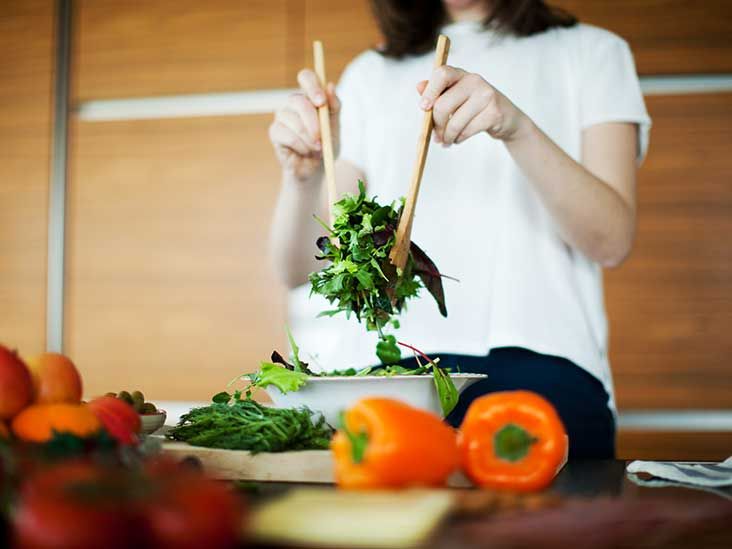My approach is:
Become familiar with okay and not-okay ingredients.
Over time, I've leaned toward food stuff that have fewer ingredients and ingredients that are easily recognizable. I keep my phone on me when shopping to do quick internet searches for ingredients I'm not familiar with. Keep in mind some seemingly benign vitamins, minerals, and nutritional "add-ins" may commonly, but not always, come from animal sources -- Vitamin D3, for example. When in doubt, I'll skip a product.
I think Gardein, Tofurkey, Field Roast, Daiya, and Follow Your Heart are always vegan. Boca, Qorn, and Morning Star are vegetarian and have some vegan items, which are usually labeled as vegan.
Start a cookbook library & learn to cook.
Reading labels can be stressful. Relying on pre-fab food stuff can get boring. There are plenty of vegan chefs and bakers online providing free recipes for all sorts of vegan cuisine -- simply Google something like: Vegan Shepherd's Pie Recipe or Vegan Apple Tart. You'll see a long list of options. I also love the Thug Kitchen book series -- entertaining writing and simple, easy to follow recipes for common meal ideas. Cooking your own meals from scratch as the benefit of you knowing for certain each of the ingredients.
Labeled Vegan / Not Labeled Vegan.
Food stuff with the Vegan label are awesome. You know immediately that it's vegan. Other products may be vegan or "potentially vegan" but not labeled as such. There are brands like Justin's, who makes peanut butter themed treats. They have a dark chocolate peanut butter cup that, according to the ingredient list, is vegan. However, the brand doesn't label it as vegan because it is manufactured in the same facility as their products that contain non-vegan ingredients. It's up to you if that scenario is okay. Other brands offer vegan-friendly items, but for whatever reason -- public opinion, politics, etc -- refuse to label them as vegan. Oreo cookies, for example, are vegan friendly, but are not labeled as vegan.




